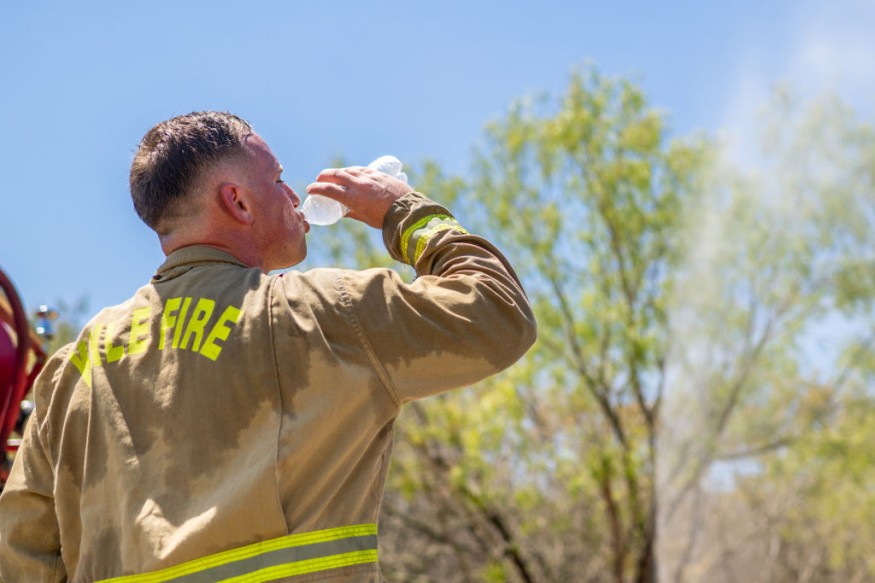Intense heat can become deadlier than other natural weather events, including hurricanes and tornadoes.
Recently, Nature World News (NWN) and the UN News reported that July reached the hottest month on record.
UN Secretary-General António Guterres explained that the world is entering an era of global boiling.
Extreme heat impact

In the U.S., extreme hit reached record-breaking temperatures in Phoenix, Arizona, California and Southwestern U.S.
In Florida,t he Associated Press (AP) reported the coral bleaching that could impact the marine environment.
Florida's coast also reached ocean temperatures that could set a new world record. In the Guardian's report, the Manatee Bay and Keys recorded a record-breaking 101.19.
Furthermore, CNN reported that extreme temperatures could become deadlier than any other natural weather disaster, including tornadoes and hurricanes.
According to CNN, Phoenix Mayor Kate Gallego explained that extreme heat is considered a long-term emergency.
Although extreme heat can cause a silent death, the report highlighted that it is not part of the disaster list that can receive assistance from the Federal Emergency Management Agency (FEMA).
Meanwhile, the NWS Weather Prediction Center's latest advisory warned of dangerous heat in the Southern U.S. until the week's end.
The advisory added that extreme heat could affect Louisiana and Texas, increasing the heat index to 110F. The forecast warned that the combination of humidity and heat could be dangerous.
In the Southwest, the forecast added that heat concerns could likely return on the weekend.
Also Read : Widespread Damaging Winds, Flooding Rain to Hit Eastern US, New York State to Georgia, Forecast Warns
How to deal with the extreme heat
Extreme heat can become deadly, especially for older adults, outdoor workers, children and animals. The American Red Cross explained that intense heat worsened by climate change could claim people's lives, which is worst than any natural disaster.
As a result, Americans should protect themselves from the troublesome heat conditions, as some portions of the U.S. experienced oppressive heat conditions.
Stay updated with the heat advisories
Homeowners and motorists must stay updated with the latest heat advisories and forecasts. It can help themanticipate the heat outlook better.
Homeowners should monitor the body temperatures of their family members, especially older adults and children.
Stay at home as possible
Homeowners should stay home as possible and limit outdoor activities with their pets. Prolonged exposure to hot weather can put people at risk of heat-related illnesses.
Inside your home, it is best to look for cooler environments or areas. In addition, regularly checking your home's air conditioning is helpful to ensure it is working.
Stay hydrated, and don't leave your pets or children unattended inside a hot car. Americans should stay hydrated at all times. Bringing bottled water is essential when you travel outside.
Did you know?
The extreme heat in Arizona has affected the large cacti in the area, according to Reuters. The Saguaro cactus is important for birds and mammals in the region.
Related Article : July As Hottest Month: Intense Global Heatwaves To Bring Health Risks
For more similar stories, don't forget to follow Nature World News
© 2025 NatureWorldNews.com All rights reserved. Do not reproduce without permission.





